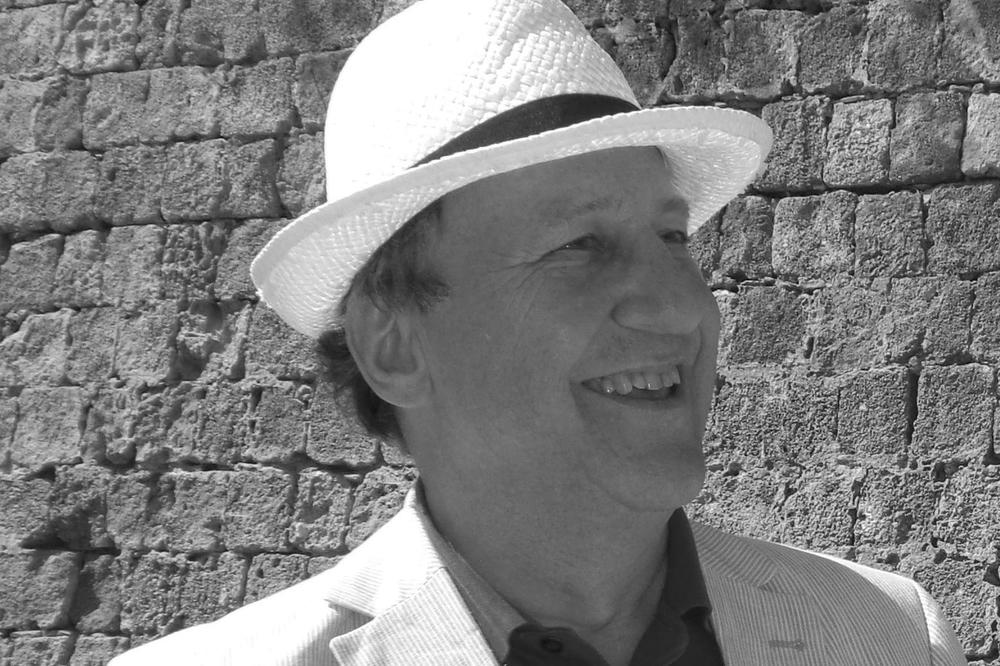Trailblazer and Builder of Bridges
Freie Universität mourns the loss of Peter Deuflhard. The professor of numerical mathematics and founder of the Zuse Institute Berlin passed away at the age of 75 – an obituary by Christof Schütte, Ralf Kornhuber, and Rupert Klein
Sep 26, 2019
Berlin mathematics has lost one of its unifying figures: Professor Peter Deuflhard passed away in Berlin on September 22, 2019 at the age of 75. Originally from Bavaria, Peter Deuflhard began his academic career in Munich. After a diploma in physics at the Technical University of Munich and a doctorate in mathematics with Roland Bulirsch on Newton methods at the University of Cologne, Deuflhard completed his Habilitationin 1977 at the Technical University of Munich with a thesis on multiple shooting techniques. At the young age of 34, he was appointed professor of numerical mathematics at Heidelberg University, until he took up the chair in scientific computing at Freie Universität Berlin in 1986
Professor Deuflhard left his mark on the world of science and on Berlin. He is the author of the three volume textbook series on numerical mathematics, which has become a standard work in the field. He also authored the now legendary green paper that led to the foundation of the Zuse Institute Berlin (ZIB) as the first German institute for scientific computing in 1986. He headed ZIB as its president for more than 25 years and made it a worldwide role model for interdisciplinary mathematical research.
Peter Deuflhard continued to promote pilot projects throughout his life. In 2002, he helped found the Berlin-based research center MATHEON, which established an ongoing successful cooperation between Berlin’s universities and mathematical research institutes. Under the motto “Mathematics for key technologies,” MATHEON was a trailblazer for the Cluster of Excellence MATH+ and, ultimately, for the Berlin University Alliance, the consortium of the three major Berlin universities and Charité.
In 2001, Peter Deuflhard was inducted into the Berlin-Brandenburg Academy of Sciences and Humanities (BBAW). In 2007, on the occasion of the award ceremony for the Society for Industrial and Applied Mathematics’ Maxwell Prize for “a mathematician who has demonstrated originality in applied mathematics,” the prize committee published the following laudatory remarks: “Professor Peter Deuflhard’s contributions to applied mathematics have a breadth, depth, and originality that is almost without parallel. [...] Characteristic of his work is that he always lays a firm, often innovative, mathematical basis on which he constructs highly efficient algorithms for hard real-life problems in science and technology. His style of research has revolutionized scientific computing, a large number of highly reputed scholars follow his tracks.”
Deuflhard supervised more than thirty doctoral students in mathematics, and many of them were able to use ZIB to launch their careers in academia. He worked together intensively on many different research areas with engineers, physicians, practitioners, and scientists.
Peter Deuflhard was never interested in simply finding short-term solutions. He wanted to make enduring and sustainable changes to the world of science. The wide range of subjects and applications to which he contributed is stunning. They range from spacecraft mission design, chemical engineering, nano-optics, systems biology, medicine, molecular dynamics, and pharmaceutical drug design to the humanities. Deuflhard was able to build bridges between completely different disciplines. For example, he applied ideas from numerical mathematics that revolutionized operation planning for head surgery using modeling procedures. He also found an intriguing way to connect the results to humanities research on the study of beauty and faces.
His interdisciplinary and application-oriented approach certainly made him an object of much debate within the mathematics community. His critics accused him of concentrating too little on pure mathematics. But his openness to perspectives that crossed into other disciplines was precisely what, in turn, opened doors for his colleagues and students, helping them advance their professional and academic careers. Peter Deuflhard brought applied mathematics a little bit closer to reality, and the field would not be what it is today – in Berlin, in Germany, and around the world – were it not for his contributions.
We mourn the loss of this wonderful man and esteemed member of the scientific community. Our thoughts are with his family in their time of grief.
The obituary originally appeared in German in the campus.leben online magazine published by Freie Universität Berlin.

